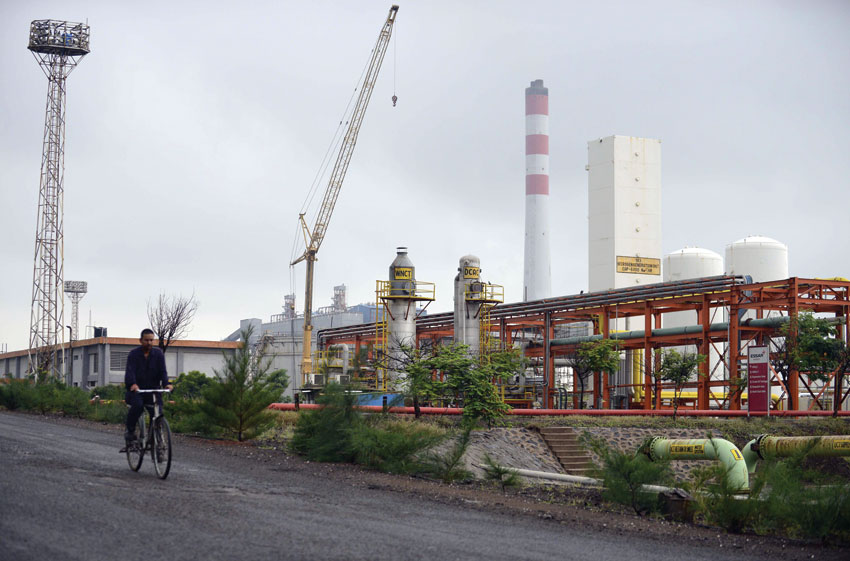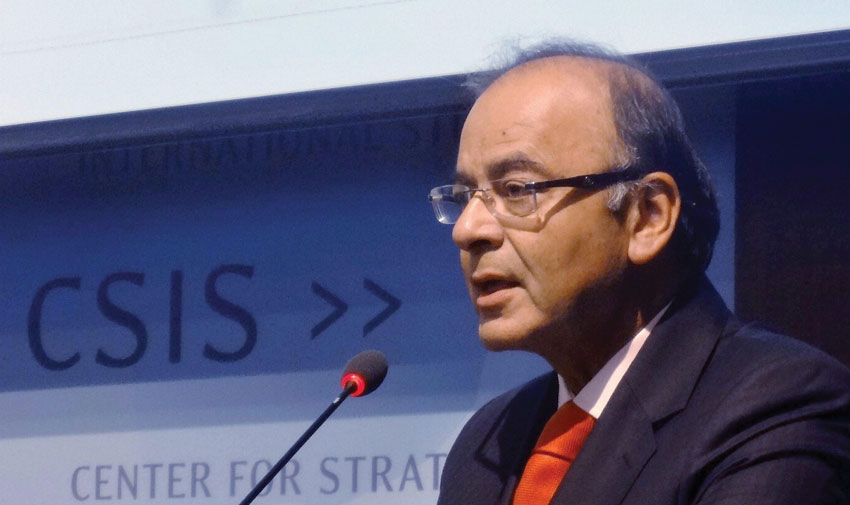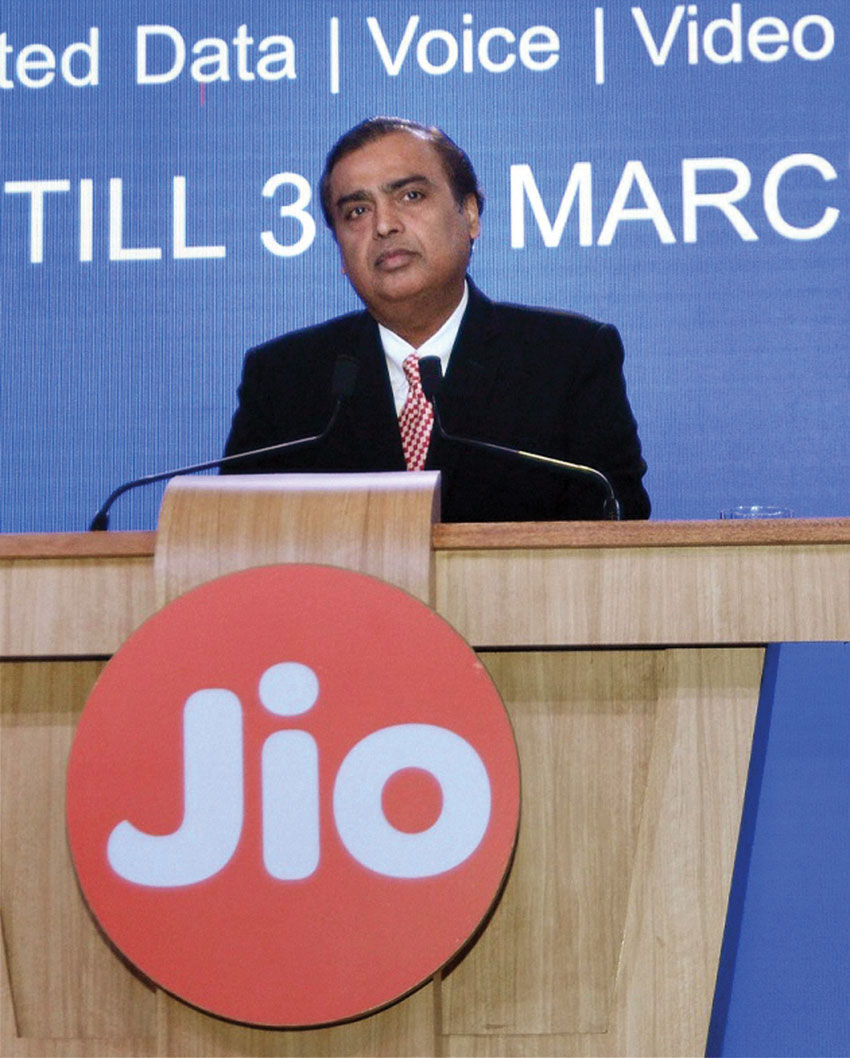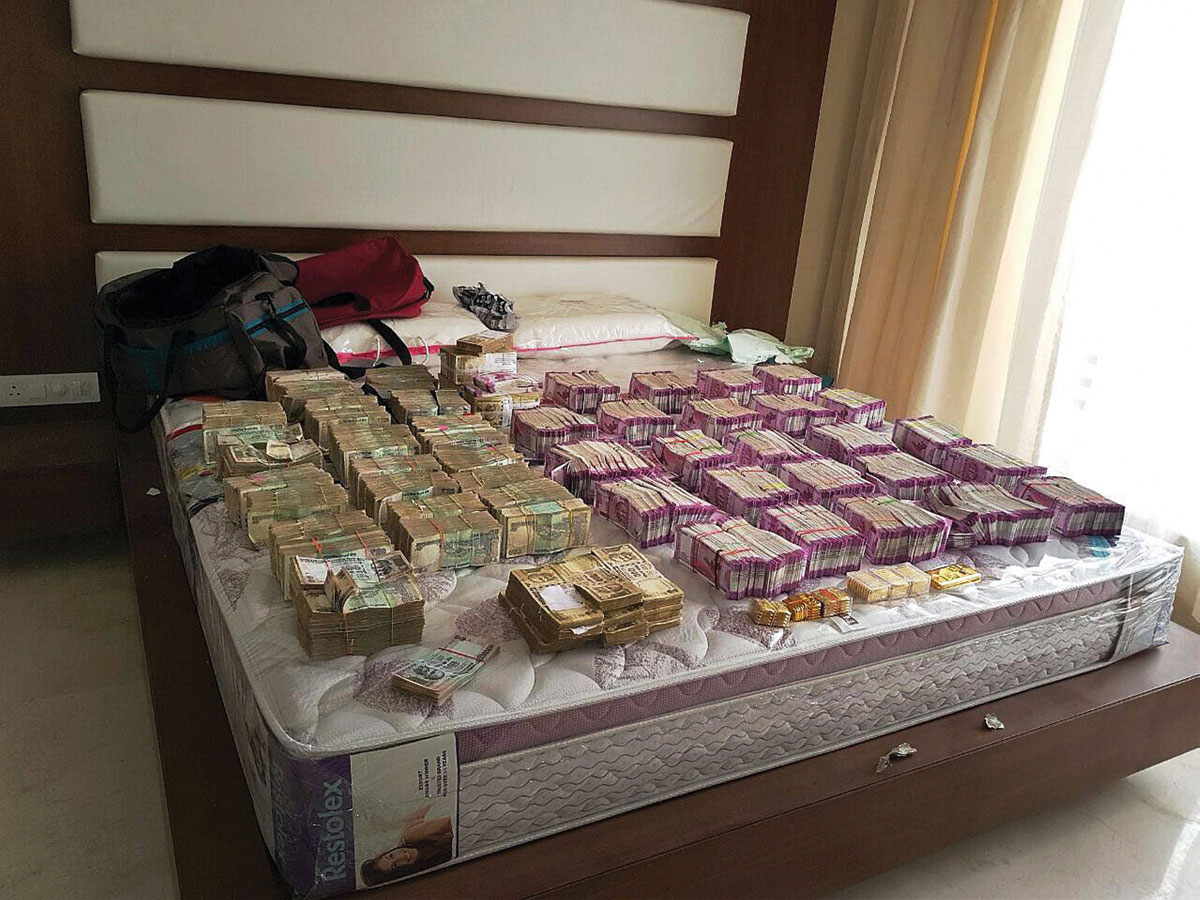THE GOVERNMENT REFINES IT RIGHT
Rs 4.7 crore cash in new currency seized by Income Tax department in Bengaluru along with Rs. 100 and demonetized Rs. 500 notes. This is the biggest cash seizure so far of new notes post demonetization. (Press Trust of India)
It was Jawaharlal Nehru’s vision that the state should control the commanding heights of the economy, whether it is banks, aviation or railways. Such a thought process had its relevance at the time of India’s independence when years of colonial rule had destroyed the country’s ability to stand on its feet. Today Indian private sector majors, whether it is Reliance Industries, ICICI Bank, Tata Group, Adani, Infosys, or AirTel, have established themselves as companies that make a difference to the lives of millions, as employers or producers of goods and services. The government, however, continues to exercise control over many functions and services, several of which are criticized for inefficiencies and obsolescence. This includes the Railways, Air India, hospitals and schools, writes Siddharth Srivastava. – @Siliconeer #Siliconeer #narendramodi @namo #namo #India #GovtofIndia
The recent rail crash near Kanpur in Uttar Pradesh that killed more than 140 people once again underlined the ineptness of functioning of state-owned enterprises. Any amount of data and research is available to set right India’s ramshackle rail system. The process, however, is laden in red tape, corruption and long delays. A series of rail ministers of the past, ranging from Lalu Prasad Yadav to Mamata Banerjee to Ram Vilas Paswan, have used the vast resources under their command to further their political ambitions rather than reform the ailing Railway system. The ongoing demonetization exercise is an attempt by the government to check black money, smuggling, terrorism and counterfeiting.

The Income Tax department, often seen as hand in glove with the corrupt, is ironically being empowered further to slap additional penalties on willful evaders. There is no doubt that those who do not pay their taxes need to be penalized. There is a limit to which the less than 3% income tax payers in the country can bankroll others. Questions, however, needs to be asked about the way the tax payers money is being spent by the exchequer. The defense forces continue to play a stellar role to protect the borders; the rescue and relief operations during natural calamities has also won all round praise.
However, there exists serious doubts about the way most other arms of the government operate. Even the functioning of the Indian Parliament that is doled by public money has lacked the needed vibrancy over the years to discuss and debate legislations due to repeated disruptions by forever irate opposition members belonging to any party, including the Congress and BJP in the past. There is one sector, however, where the government seems to be getting it right, with timely multi billion dollar investments happening across the country. It is in building refineries, that convert imported crude oil into petrol, diesel and ATF for use by the automobile, transport and aviation sectors that are growing at a quick rate.

Refining Might
As a matter of fact, India’s current refining capacity of over 232 million tons exceeded the demand of 183.5 million tons in 2015-16 fiscal. The International Energy Agency (IEA) has, however estimated demand to scale 458 million tons by 2040. The prospects of a lucrative market has led to entry of UK-based major BP and Russia’s Rosneft into India’s fuel retail market in recent weeks. Reliance Industries has also initiated big plans to build petrol pumps across the country. State-owned Indian Oil Corp (IOC), the country’s biggest refiner, has already announced plans to spend $7.3 billion by 2022 to raise it’s refining capacity by about 30% to over two million barrels per day. IOC recently announced plans to invest $5.5 billion to incrementally raise capacity of its smallest refinery, the Nagapattinam plant, co-owned by Iran, to 300,000 barrels per day.

This is in addition to the investments already planned. Meanwhile, India’s three main state oil refineries, IOC, Hindustan Petroleum Corporation Limited (HPCL) and Bharat Petroleum Corporation Limited (BPCL) have major investment aims in place, in keeping with projections of fuel demand. This includes a mega $30 billion refinery cum petrochemical complex in the West coast in Maharashtra. The capacity of the refinery is proposed to be 60 million tons. The new refinery will ease IOC’s supplies to the South as its refineries are mostly located in the North. HPCL and BPCL face capacity constraints at their Mumbai units. The West coast also provides easier access to crude oil import from Africa and Middle-East.
No final decision has, however, been made about the project site, which can be a major hurdle to timely implementation of the project given the sensitivities of local populations who may lose their land. Presently, Reliance Industries operates the world’s biggest single-location refinery complex in India, at Jamnagar in Gujarat with combined capacity of 62 million tons. Nehru’s vision of the predominance of the state may seem anachronistic now. No ideology, whether it is socialism or capitalism or communism, can, however question performance and delivery, whether by the private or public sector. It leads to the higher good that benefits all.


